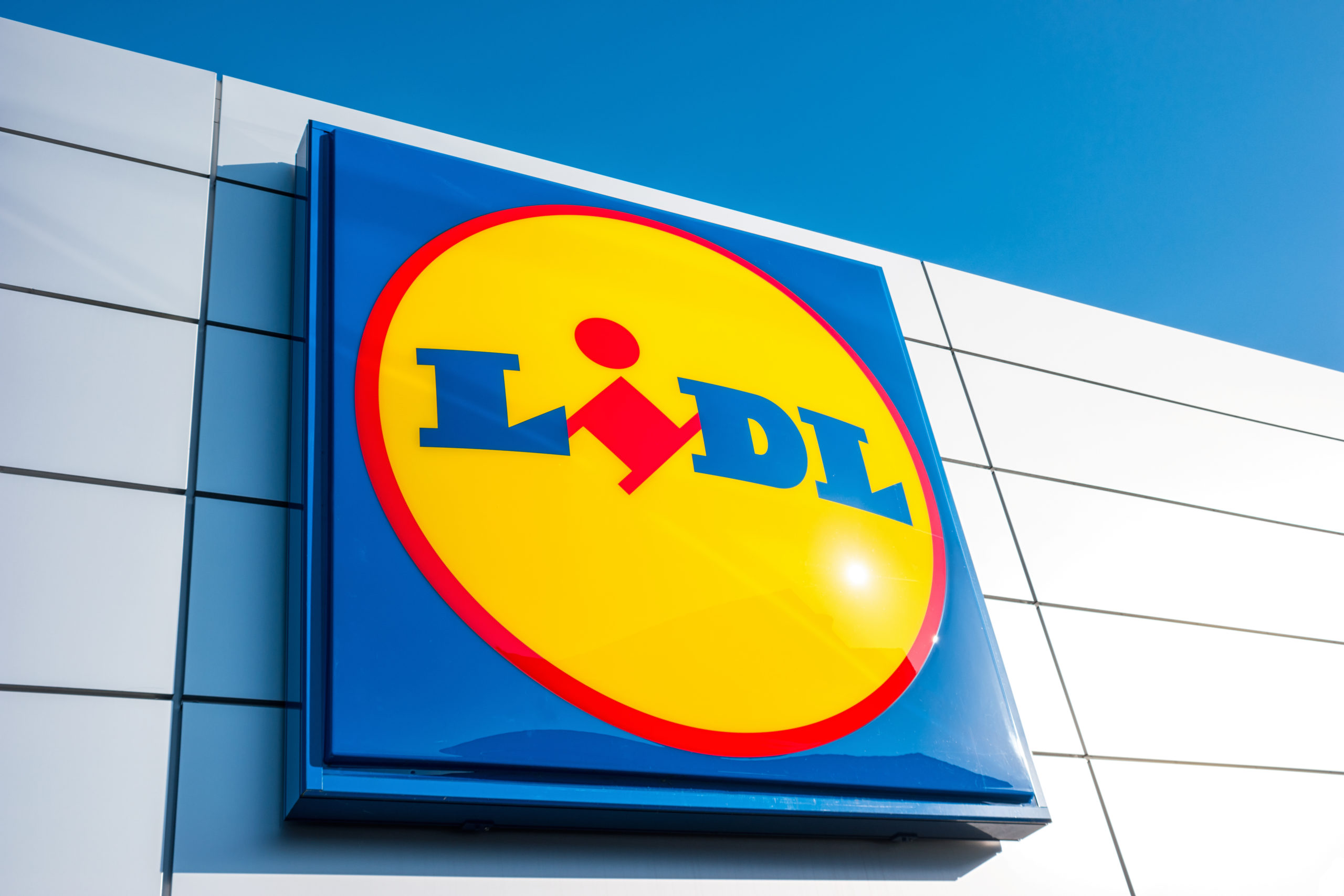
LIDL has announced a series of new initiatives as part of its REset Plastic Strategy, which will include the removal of all single-use fruit and vegetable plastic bags.
Compostable bags will be put in place instead, which the supermarket said will result in the removal of 275 tonnes of conventional single-use plastic.
It added that the new compostable bags are designed to be re-used as caddy liners for domestic food waste collections and are also suitable for home composting.
The retailer is also launching a trial plastic bag and wrapping recycling scheme across 12 stores in the West Midlands, with a plan to expand the scheme nationwide if successful.
To be rolled out in October, Lidl said it will enable customers to return soft plastic packaging that is not able to be collected from homes. The items, from any brand or retailer, include carrier bags, biscuit wrappers, crisp packets, and pet food pouches.
Christian Härtnagel, CEO at Lidl GB, said, “At Lidl GB we are committed to tackling excessive plastic waste and our compostable fruit and vegetable bags are the latest innovation to help limit the amount of plastic in our environment. As a bricks and mortar retailer, how we operate in our stores, and the packaging we use, plays such a vital role in helping customers to tackle their plastic consumption. By offering convenient solutions such as compostable bags and making it easier for customers to recycle more plastic through our in-store drop off points, we are hoping to give customers the opportunity to take small steps to reduce and recycling their plastic packaging.”
Helen Bird, strategic technical manager at WRAP, added, “While we need to reduce single use packaging where possible, where it’s not, packaging must be recyclable and that’s what members of The UK Plastics Pact have pledged to do by 2025. It’s great news that Lidl is taking its responsibility seriously in this area and introducing collection points for bags and wrapping under The Pact. Our research showed that many citizens were willing to bring this material back to stores and we’re encouraged by the success of these collections to date.”












